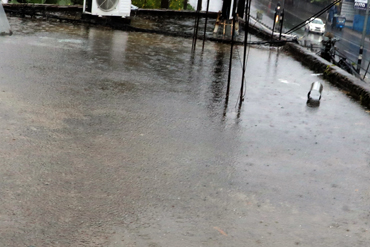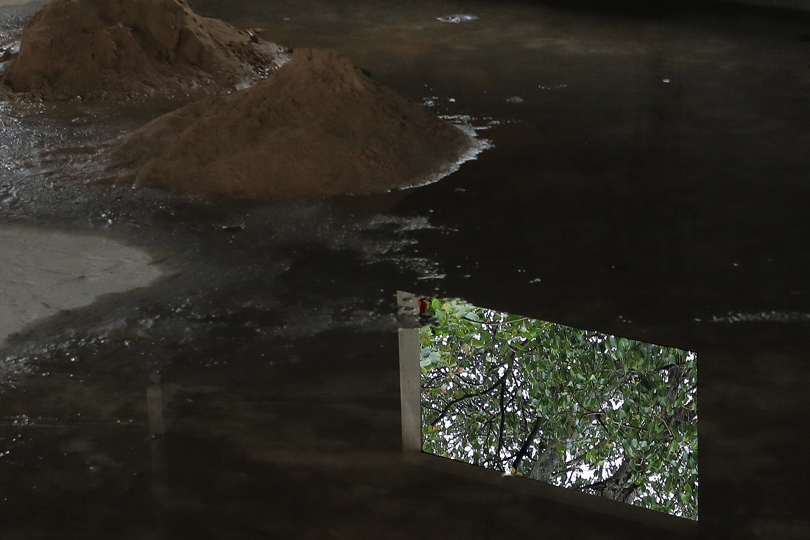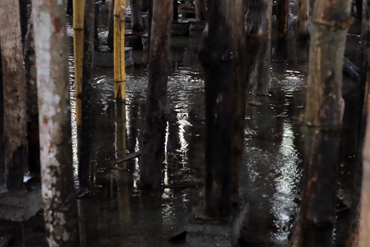Those between 25 to 49 years of age are most likely to fall prey to deadly Dengue mosquitoes, health ministry statistics reveal as authorities warn of an outbreak similar to pre-COVID years.
According to the Health Ministry’s Dengue Control Unit over 40 percent of dengue cases reported this year were between the above age group followed by 20-24 years of age (13.38 percent) and those between 50-69 years (11.49 percent).
Dengue reaches peak in numbers during June-July and then again from October to December just after monsoon rains.
Most middle-aged working people or busy parents do not seek immediate medical attention when they are having fever for more than two days. This could really put their lives at risk,” Consultant Community Physician of Health Ministry’s National Dengue Control Unit, Dr. Nimalka Pannilahetti said.
Health authorities are fearing a worst outbreak after a two year COVID pause. The whole of last year recorded 35,924 cases while this year’s number has already reached 61,414 by October.
According to the Epidemiology Unit, both last year and year 2020 recorded low numbers below 50,000 cases. However, in 2019 dengue cases reached 105,049 with 150 deaths.
Public is urged not to ignore symptoms of the mosquito borne disease such as sudden high fever, severe headache, pain behind the eyes, and pain in muscles and joints.Some may also have a rash and varying degree of bleeding from various parts of the body (including nose, mouth and gums or skin bruising).
“Do not disregard fever or other symptoms assuming it’s a seasonal flu. Immediately go for a full blood count or a dengue antigen test if the fever persists for more than a day,” she advised. If one suffers from severe vomiting, drowsiness, refusing food or drinks, reduced urine output along with the dengue symptoms immediately rush for treatment as dengue haemorrhagic fever (DHF) could be deadly,” she said.
Physical rest, using only paracetamol, sponging with moderately warm water to bring down the fever, having a soft light diet and avoiding red or brown colour food or drinks, increase drinking of water as well as other fluids such as fruit juice, white rice kanji, jeewani and king coconut is advised by Health Ministry.
According to the Dengue Control Unit, if a member of the family or anyone in the immediate neighbourhood is ill with dengue they should be protected from mosquito bites.
Putting mosquito proof meshes for windows, screening doors, wearing protective clothing, applying natural repellents such as citronella oil, lemongrass oil, neem oil and chemical repellents containing DEET during the highest mosquito activity (mid-morning and late afternoon) can keep the mosquito at bay.
“It’s important to strengthen cleaning campaigns, community awareness, inspections, fogging and preventive measures in the coming months,” she said. -Nadia Fazlulhaq



Leave Comments